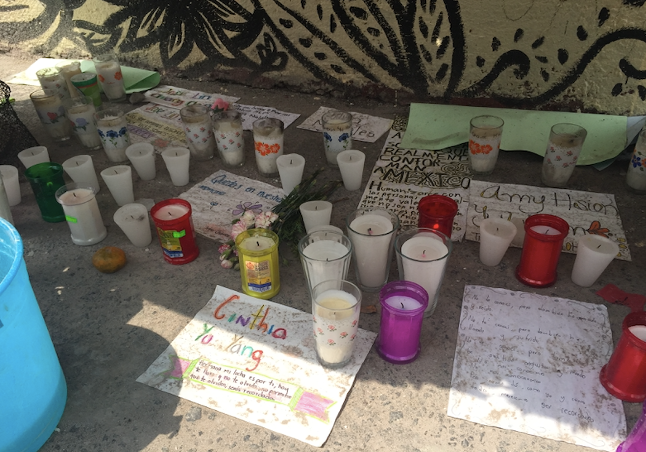Abstract
On September 19, 2017, a major earthquake struck Mexico City, leading to 369 deaths and 6,000 injuries. After the collapse of a factory building holding Korean and Taiwanese-owned businesses—one of the deadliest sites of the earthquake—feminist activists led efforts to recover victims and to trace the historical antecedents of earthquake disasters in Mexico City. While enacting transnational solidarities across gender, class, and race, the earthquake also activated existing tensions regarding the social location of newly arrived migrants in Mexico. I analyze the controversy regarding the alleged presence of undocumented Central American workers in the basement of the factory building. I argue that the linkages between these two migrant figures—Central Americans as the invisible, abused labor force in the basement and Asians as a “homo economicus” that embodied the worst aspects of global capitalism—reveal the interconnected coordinates of migrant racialization. Korean and Central American migrants occupy different structural positions in the Mexican national imaginary, but they are simultaneously linked in their externalization from the nation—as exploiting and exploited labor, or as a recurring problem to be solved. Such representations, however, rarely capture the complex claims of belonging enacted by Korean migrants. Based on ethnographic and interview data, this article suggests that Korean migrants, though often invisible through the dominant lens of participatory citizenship, continue to survive, dwell, and make homes on shifting grounds.

This work is licensed under a Creative Commons Attribution-NonCommercial-NoDerivatives 4.0 International License.
Copyright (c) 2024 Transnational Asia

